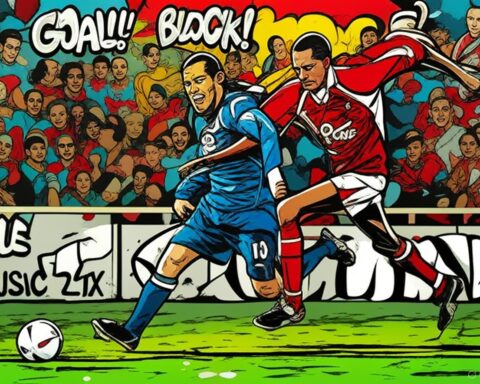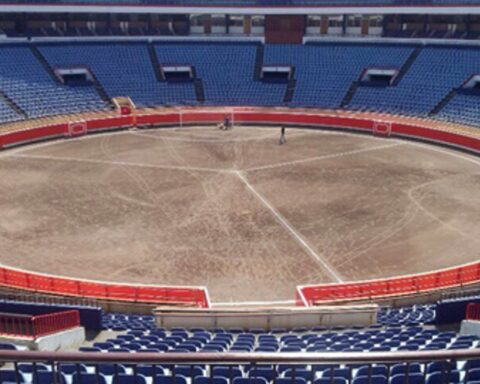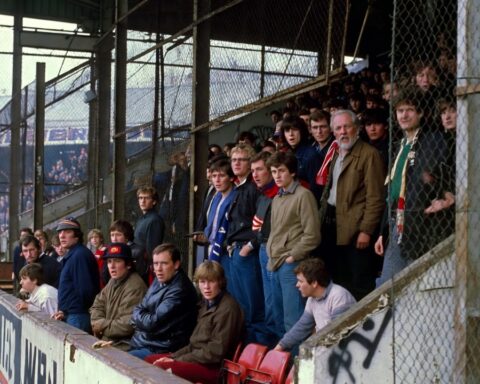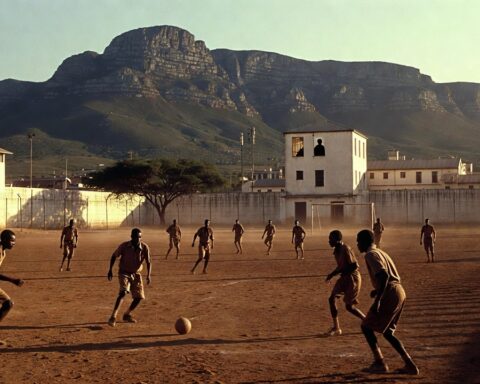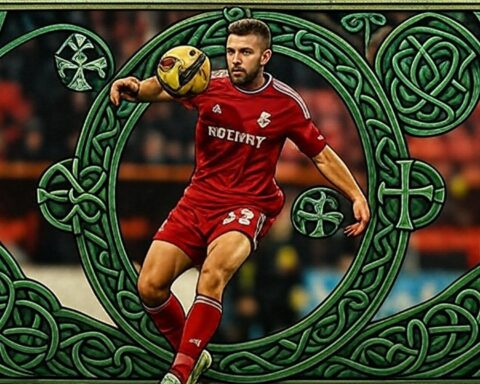Trigger: “I’ve maintained it for 20 years. This old broom has had 17 new heads and 14 new handles in its time.”
Sid: “How the hell can it be the same bloody broom then?”
Trigger: “Well here’s a picture of it. What more proof do you need?”
(Only Fools and Horses (1996))
By Paul Cahill
Let the Broom Times Roll!
In a famous scene from Only Fools and Horses, Trigger proudly boasts that he’s had the same broom for 20 years—though it’s had 17 new heads and 14 new handles. It’s a comic moment, but one that hints at something deeper: if all the parts of something are replaced, is it still the same thing?
For Trigger, the broom is unchanged in essence. It’s still his broom. That stubborn loyalty, grounded in identity rather than logic, feels uncannily familiar to anyone who has ever supported a football club through thick and thin.
Philosophers have a name for this paradox: the Ship of Theseus. The ancient Greek historian Plutarch postulated that: If every plank of wood on a ship is replaced, piece by piece, is it still the original vessel?
If the club you support changes owners, managers, kits, sponsors, players, even its stadium—does it remain your club? These questions, once the domain of classical metaphysics, are now central to the emotional lives of football fans.
In the era of billion-pound takeovers and corporate rebrands, we’re all standing on the decks of our own personal ships of Theseus, wondering what exactly it is we’re still clinging to, and why?
Take Manchester United. When I first began following the club around 1989, the badge on the shirt still had echoes of George Best and its Busby Babes past, the team played with a homegrown heart, and I include Irish players in that bracket, and the supporters roared with a sense of gritty pride knocking the great Liverpool off their perch and engaging in ferocious battles with league rivals. Since then, the Premier League era has transformed United into something more than a football team, something different: a global brand.
We’ve seen the class of ’92 rise and retire, Sir Alex Ferguson come and go, and more than one identity crisis unfold under successive managers. The stadium is the same in name but crumbling in spirit.
Is this still the same club I supported as a kid? Trigger would say yes. So would I. This is because though the pieces change, the emotional truth remains. Some might even go so far as saying that although the body has decayed, the soul remains intact, unchanged.
Supporting a club in decline is a different kind of devotion. There’s a strange nobility in watching your team slip from its pedestal, knowing full well that brighter lights can be found elsewhere, but staying rooted anyway. When the trophies trickle to a stop and the headlines sour, all that remains is the belief that the corner will turn.
It might not be this season. It might not be this decade. But football, like life, moves in cycles. And in the meantime, there’s something powerful in turning up, in hoping, in believing that better days will return.
In a world where we switch phone brands, streaming platforms, utility providers and even partners with the flick of a finger, sticking with one football club—your club—means more than ever. It’s an act of resistance against the disposable culture we live in.
To support a club is to tie your story to something bigger than yourself, to endure heartbreaks and fleeting highs not for glory (which is always a bonus) , but for a sense of belonging. Because no matter how many times the heads and handles are replaced, it’s still your broom. Still your club.



